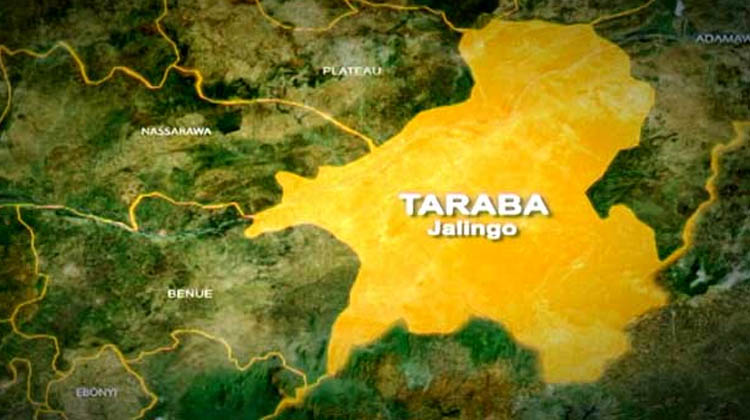A labor crisis continues to escalate in northeastern Nigeria’s Taraba State as civil servants demand the immediate removal of Finance Commissioner Sarah Enoch Adi, accusing her of mishandling a contentious biometric verification process that has sparked a statewide strike. The work stoppage, led by the Nigeria Labour Congress (NLC) and the Trade Union Congress (TUC), has shuttered government offices, disrupted essential services, and drawn in academic unions, leaving public institutions paralyzed since Tuesday.
During visits to multiple government facilities in the capital city of Jalingo, stalled operations were evident. Workers blocked from entering their offices described collective frustration over Adi’s alleged failure to address grievances tied to the biometric enrollment system—a digital identity initiative meant to modernize payroll management. “This strike stems from her indifference,” one employee explained anonymously, echoing widespread claims that the commissioner neglected concerns about technical glitches and delays in the rollout, which workers say jeopardized salary payments.
Efforts to resume work were visibly thwarted as union officials stationed at locked gates turned away staff arriving at the State Secretariat and other agencies. The strike, initially declared by the NLC and TUC, has since gained momentum, with the Taraba State University chapter of the Academic Staff Union of Universities (ASUU) joining the action. Lecturers’ participation has expanded disruptions to education, deepening the impact on daily life.
No formal statements from Commissioner Adi or Governor Agbu Kefas’s office have been released, though workers insist accountability is nonnegotiable. “We won’t back down until the government acts,” a union representative stated, hinting at broader tensions over public sector transparency. The biometric system, often implemented across Nigerian states to curb fraud, has faced recurrent criticism for excluding legitimate employees due to procedural errors.
Local economies in the agrarian state, already strained by inflation and security challenges, now face compounded pressures as the government shutdown stalls permits, payments, and administrative services. Analysts note that protracted labor disputes in Nigeria’s public sector frequently expose systemic governance gaps, with workers bearing the brunt of bureaucratic inefficiencies.
As the standoff enters its third day, no mediation efforts have been publicly confirmed. Observers warn the impasse risks further destabilizing a region where public trust in institutions remains fragile. For now, workers remain resolute, framing their demands as a push not only for administrative reform but for accountability at the highest levels of state leadership.
